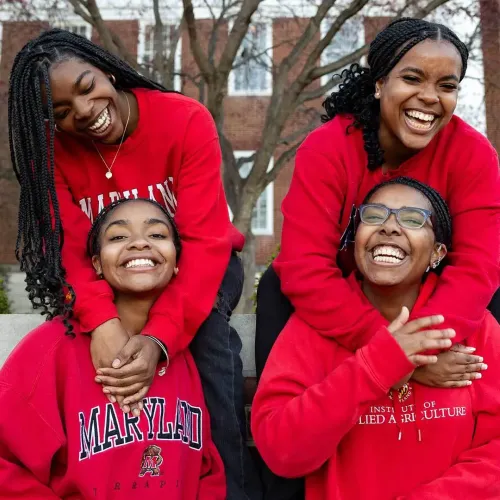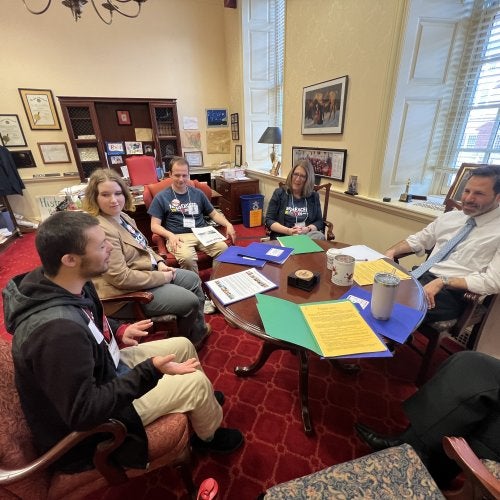

COE Continues its Mission of Advancing Equity for All
Since the founding of the U.S., Black Americans have had to deal with anti-Black policies, laws, rhetoric, and systems specifically designed to prevent them from attaining the “American Dream”. Recent events have exposed centuries old prejudices and the work that needs to be done to create a society where all people are considered and treated as equals. These seemingly insurmountable challenges present institutions of higher education with an opportunity to unite together to dismantle decades of systemic racism and create a more equitable future for the next generation.
Among the core values of the College of Education (COE) is dedication to research and practice that transforms education to advance equity and social justice. Our work expands access to educational opportunities that empower all individuals to reach their goals and to fully participate in the broader civic, democratic, and economic fabric of society.
As a reflection of COE’s commitment to advancing equity for all members of the community, COE is pleased to announce its new Council on Racial Equity and Justice (COREJ, pronounced “courage”). The mission of COREJ is to elevate research and amplify faculty, staff and student voices on matters of structural and systemic racism, white supremacy, anti-Blackness and the intersecting issues of oppression and power.
Top academic experts know a racially diverse workforce often leads to excellence, new innovative ideas, and synergy. Making racial diversity a priority is important; but so is the next logical step: creating a culture where people from all backgrounds are treated equitably. Equity is key to maintaining (not just creating) a racially diverse student, staff and faculty. This new and innovative approach to tackling anti-Black racism aims to do just that.
COE’s new Diversity Officer, Dr. Bridget Turner Kelly, was appointed to serve as the Council’s first Chair and lead the group of 27 COE faculty, students and staff. Council members serve as advisors, liaisons, and data gatherers to provide COE Dean Jennifer King Rice with recommendations on how to move forward with racial equity and justice initiatives, policies, and practices. Central to the mission of COREJ is having representation from all departments, faculty, staff, and students at all levels.
COE’s values of impact, excellence, diversity, inclusion, innovation, social justice, collaboration and community will undergird the work of the Council.
“Colleges of education across the nation are grappling with the racial unrest that many of us witnessed over the summer and into the fall. As professional schools and colleges charged with educating professionals that will work with marginalized populations, we need to take some accountability for the type of professionals we’re putting out into the world,” stated Dr. Kelly.
“For us, this centered in the values of the college and discussed in our strategic plan. We first want to look inward at our policies and practices before we try to address external issues around our community. It’s different from what we’ve already been doing. In the college, there are already people who are doing equity-based research and who have partnerships with school systems in Maryland… but Dean Rice and I wanted to begin this work by looking at ourselves. It’s a long-term commitment to racial equity and justice. We have a three-year plan to start.”
“We are proud to continue to do work that is designed to directly address racial inequities and confront anti-Black racism. COE’s COREJ will actively work to identify unconscious biases and champion diversity and inclusion at the College of Education and beyond,” said Dean Rice. “Our hope is that – building on a variety of other initiatives and conversations underway – COREJ will specifically tackle issues of racial inequities among the college’s students, staff and faculty. We understand the need to continue to raise awareness of anti-Black racism in higher education and we hope our Council will encourage other colleges across the campus, throughout the state and around the country to take actions that will create more just, equitable and inclusive campuses.”
The Council’s first order of business will be to conduct an equity audit of the student experience. There is a three-year plan for this work and the goal is to provide results from the equity audits as well as provide action items and recommendations based on what is found.



